Exercises for Better Sleep


Aerobic Exercise
If you deal with insomnia, then cardio workouts, also called aerobic exercise, such as swimming, biking, jogging, or walking, may help you sleep. You may also see some improvement in sleep apnea symptoms. Some studies suggest moderate-intensity cardio is better than more intense exercise for sleep health.

Cardio Workouts
Another benefit to continued cardio workouts is more restful sleep. Moderate aerobic exercise -- the kind you can do and still hold a conversation -- increases the amount of deep sleep you get. Deep sleep is when your body and brain rejuvenate.
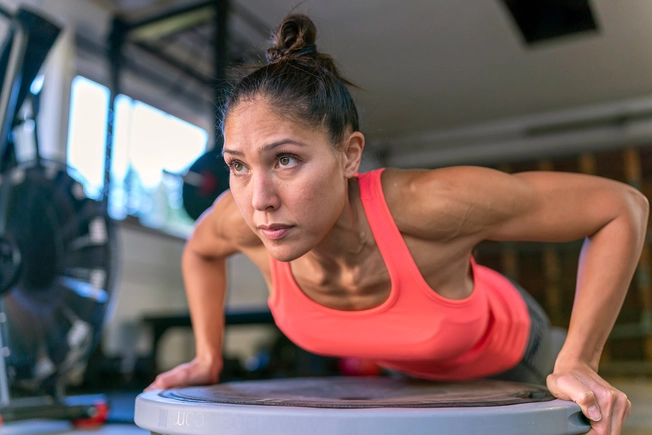
Resistance Exercises
Also called strength training, resistance exercises such as sit-ups, push-ups, and weight lifting build muscle. Research suggests regular bouts of these moves could improve sleep as well as lower anxiety and depression symptoms that hinder sleep.
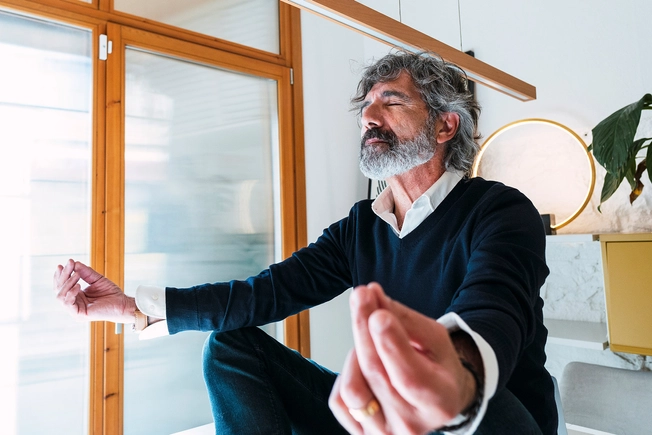
Yoga
Studies show that for certain groups of people such as adults over 60, women with sleep problems, and women with type 2 diabetes, a regular yoga practice can improve the quality of sleep you get each night.
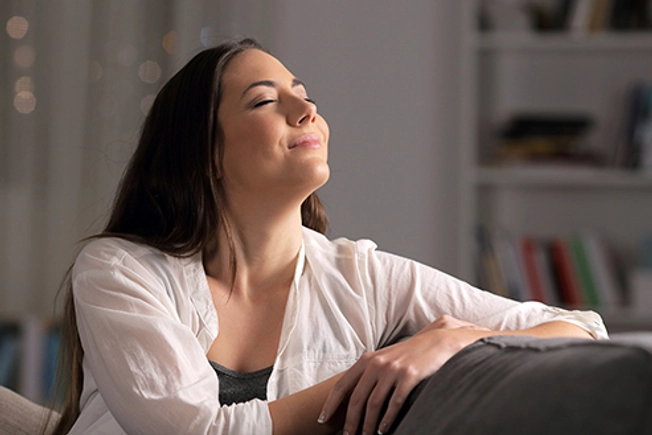
Breathing Exercises
Taking a few minutes each night to do deep breathing lowers your blood pressure, creates calm, and relaxes your body to get it better prepared for a night of good sleep.
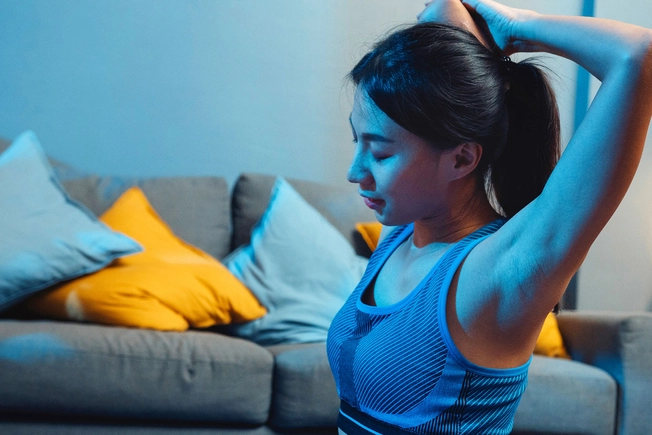
Stretching
Adding simple stretches to your bedtime routine can improve blood flow and relieve muscle tension so you’re better relaxed for sleeping. Some studies show stretching can increase the amount of rapid eye movement (REM) sleep you get, which is when your brain organizes and stores memory.
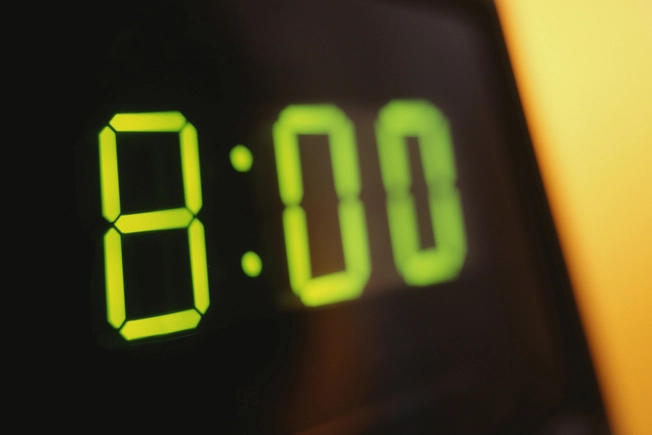
Timing May Matter
Aerobic exercise releases chemicals called endorphins into your bloodstream. For some people, this increases brain activity and keeps them awake. Try to end your cardio exercise 1 to 2 hours before bedtime so your brain can wind down.

Elevated Body Temperature
When you exercise, you raise your body’s core temperature, which is a sign to your body it’s time to be awake. About 30 to 90 minutes after a workout, this temperature starts to go down, which can usher in feelings of sleepiness — another reason it might be wise to wait a while after exercise to crawl into bed.
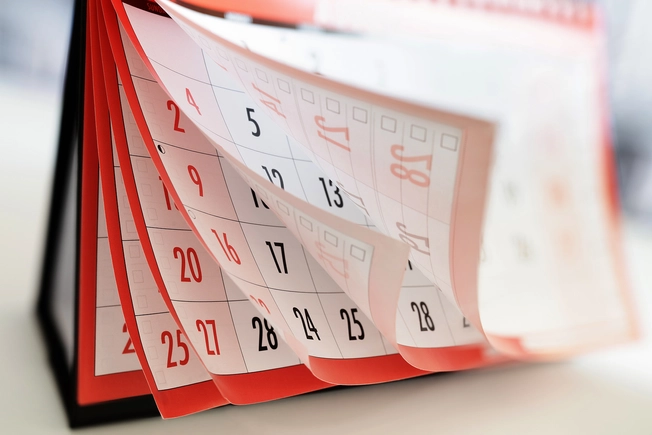
How Much You Need for Good Sleep
You only need about 30 minutes of exercise a day to start seeing the benefits at bedtime. Continuing a regular exercise routine for at least 6 months will bring you the most sleep relief and improve your overall quality of life.
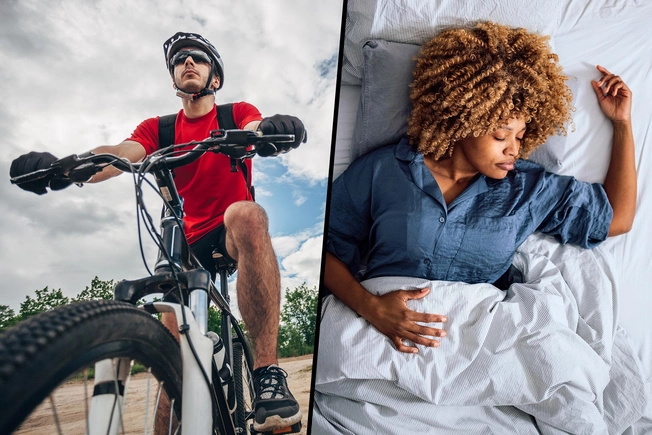
The Sleep-Exercise Cycle
Regular physical activity can create a sleep-exercise positive feedback loop. When you get good sleep, you’re more likely to have energy for working out. When you work out, it promotes better sleep. When you commit to one, you’re improving the chances that you’ll also get the other.